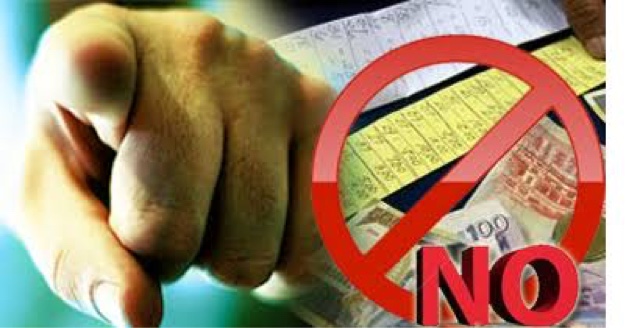Requisites of State Witness
To convict the accused, the prosecution must have witnesses and evidences to show proof beyond reasonable doubt; otherwise, the accused shall be acquitted.
Thus, if the available witnesses of the prosecution as well as the evidences present would not be sufficient to indict the accused beyond reasonable doubt, the prosecution may move that one or more of the accused shall become as STATE WITNESS.
According to the latest news today, one of the respondents in a PORK BARREL SCAM or known as Priority Development Assistance Fund (PDAF) in the person of Ruby Tuason, a former aide of ex- President Joseph Estrada and has personal knowledge about the actual turnover of cash from Janet Lim-Napoles, the alleged mastermind of the scam, to Senators Juan Ponce Enrile and Jose "Jinggoy" Estrada shall be the STATE WITNESS in prosecuting against the respondents more particularly the two senators.
According to Justice Secretary Leila De Lima on Friday, February 7, 2014, Tuason will not simply corroborate the statements of whistle blowers but will provide a "slum dunk evidence" in implicating the two senators mentioned.
Thus, Ruby Tuason is accordingly considered as a STATE WITNESS and now she is under the State Witness Protection Program of the government.
For the information of my readers, I will provide herein the requisites of a state witness and its effect to the said accused.
What are the requisites for the accused to become a State Witness? What is the effect, if any, to the said accused?
The Revised Rules of Court of the Philippines, particularly Rule 119:
SECTION 17. Discharge of accused to be state witness. - When two or more persons are jointly charged with the commission of any offense, upon motion of the prosecution before resting its case, the court may direct one or more of the accused to be discharged with their consent so that they may be witnesses for the state when, after requiring the prosecution to present evidence and the sworn statement of each proposed state witness at a hearing in support of the discharge, the court is satisfied that:
(a) There is absolute necessity for the testimony of the accused whose discharge is requested;
* The testimony of the said accused is very vital to the conviction of the other accused, otherwise, he/she may not be qualified.
(b) There is no other direct evidence available for the proper prosecution of the offense committed, except the testimony of said accused;
* His/Her testimony shall not be a mere in corroboration with other witnesses but the same shall be a direct evidence against his/her co-accused.
(c) The testimony of said accused can be substantially corroborated in its material points;
* His/Her testimony can be supported and corroborated by other witnesses.
(d) Said accused does not appear to be the most guilty; and
* He/She may not appear to be the most guilty among the accused.
(e) Said accused has not at any time been convicted of any offense involving moral turpitude.
Evidence adduced in support of the discharge shall automatically form part of the trial. If the court denies the motion for discharge of the accused as state witness, his sworn statement shall be inadmissible in evidence. (9a)
What is the effect to the accused if he/she is granted to be the State Witness?
According to the Rule of the same Rules of Court:
SECTION 18. Discharge of accused operates as acquittal. - The order indicated in the preceding section shall amount to an acquittal of the discharged accused and shall be a bar to future prosecution for the same offense, unless the accused fails or refuses to testify against his co-accused in accordance with his sworn statement constituting the basis for his discharge. (10a)
Thus, a State Witness may be discharged or acquitted as one of the accused in the crime charged.
Sources: Revised Rules of Court of the Philippines and INQUIRER.net

Comments
Post a Comment